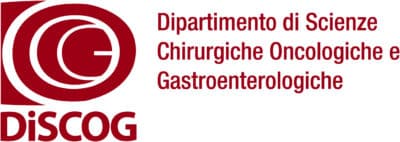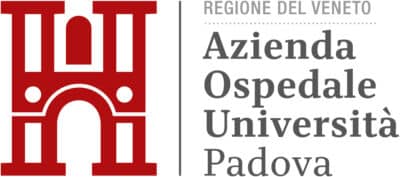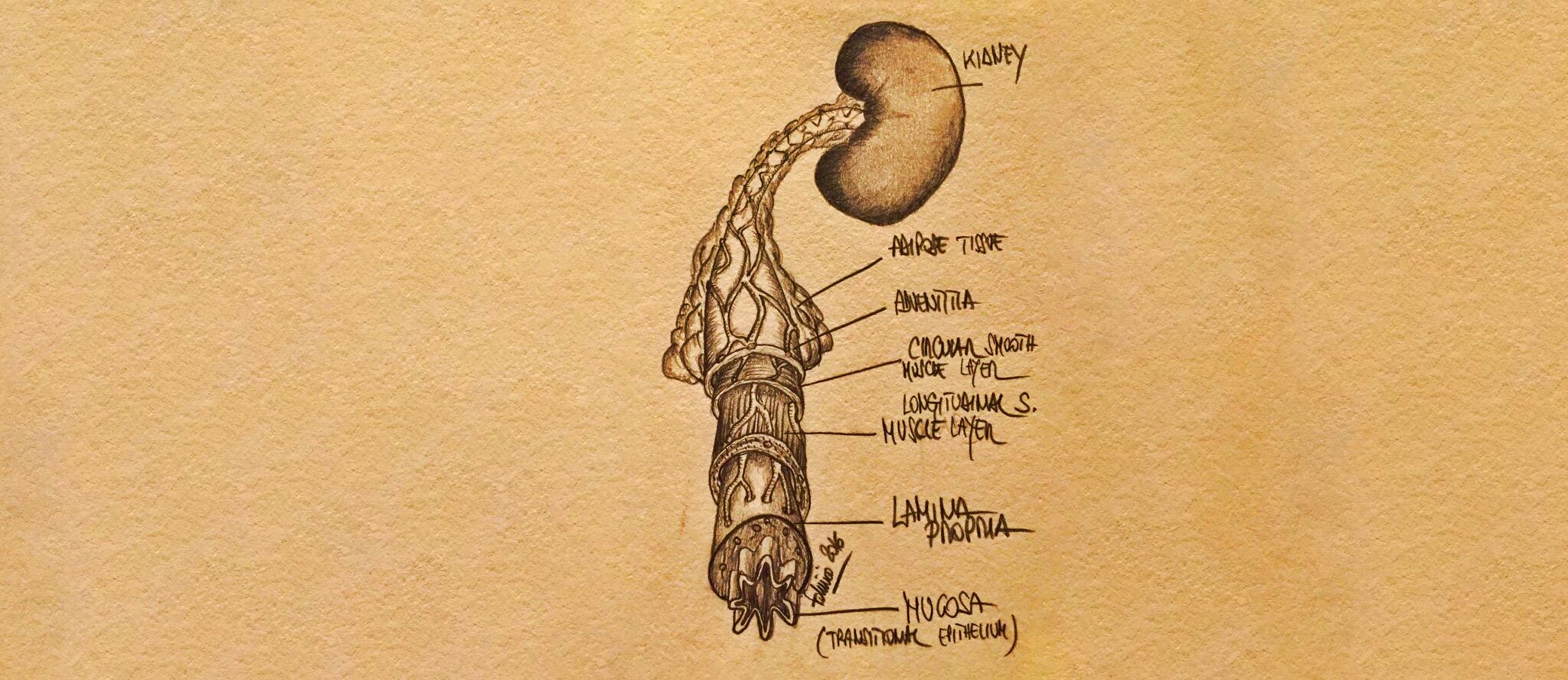

The Master’s Degree in Advanced Ureteral Pathology Treatment Techniques, prepares doctors specialized in urology to acquire all the competencies in endo-urological diagnostic and operating procedures, aimed at treating the main ureteral pathologies in adults and children (congenital malformations, stenosis, stones, and ureteral neoplasms).
The course also explores all technical surgery innovations (open surgery and robot-assisted laparoscopic surgery) to solve the issues related to ureteral pathologies.
The Master’s Course provides all competencies to understand the diagnosis of ureteral pathologies in children and adults, and to apply the most suitable treatment solutions, in line with the most recent and advanced robot surgery and endo-urological techniques
The course units of the Master’s Degree in Advanced Ureteral Pathology Treatment Techniques are developed through lesson cycles in short continuous periods, previously agreed between the professors and the attendees. The main competencies acquired include diagnostic understanding and solution of simple and complex congenital, acquired, benignant and malignant ureteral pathologies, in adults and children. Attendees are required to actively participate both in the discussion of the Master’s clinical cases, and in the critical rediscussion of the diagnostic and treatment procedures applied to the cases analysed, also by watching intra-surgery videos.
The Master’s Degree in Advanced Ureteral Pathology Treatment Techniques is addressed to doctors specialized in Urology. At the end of the training course, professionals will be able to implement the endo-urologic and robot-assisted laparoscopic surgery activities in their relevant settings.
The Master’s Degree in Advanced Ureteral Pathology Treatment Techniques provides training on:
- URETER ANATOMY AND PHYSIOLOGY: ureter surgical anatomy and physiology.
- URETERAL STONES IN ADULTS AND CHILDREN: physiopathology, medicine and treatment of ureteral stones in adults and children.
- CONGENITAL URETERAL MALFORMATIONS: embryology, physiopathology and treatment of congenital ureteral malformations.
- TRANSITIONAL URETERAL NEOPLASMS: epidemiology, pathological anatomy and treatment of transitional neoplasms of the high urinary tract.
- ENDO-UROLOGICAL TREATMENT OF SIMPLE URETERAL STONES: endo-urological treatment techniques for uncomplicated urinary lithiasis.
- ENDO-UROLOGICAL TREATMENT OF COMPLEX URETERAL STONES: endo-urological treatment techniques for complicated urinary lithiasis.
- URETERAL STENTING: INDICATIONS, PROCEDURES, MATERIALS: ureteral stenting indications, surgery and materials.
- KIDNEY TRANSPLANT UROLOGICAL COMPLICATIONS: surgical solutions for urological complications after a kidney transplant.
- IATROGENIC URETERAL DAMAGE TREATMENT: iatrogenic ureteral damage pathogenesis, medicine and treatment.
- ENDOSCOPIC TREATMENT OF VESICO-URETERAL REFLUX IN CHILDREN: indications and techniques for vesico-ureteral reflux endoscopic correction in children.
- URETERAL OBSTRUCTION PHYSIOPATHOLOGY: physiopathologic aspects of ureteral obstructions and nephrological implications.
- TREATMENT OF SIMPLE AND COMPLEX URETERAL STENOSIS IN ADULTS: endo-urological treatment of ureteral stenosis in adults
- ENDO-UROLOGICAL TREATMENT OF URETERAL TRANSITIONAL NEOPLASMS: principles of endo-urological technique to treat transitional neoplasms of the high urinary tract.
- URETERAL RE-IMPLANTATION TECHNIQUES IN CHILDREN: indications, techniques and results of ureteral re-implantation in paediatric patients.
- URETERAL RE-IMPLANTATION TECHNIQUES IN ADULTS: indications, techniques and results of ureteral re-implantation in adult patients.
- SURGICAL SOLUTIONS TO COMPLEX URETERAL PATHOLOGIES: technical aspects of complex ureteral pathology surgical treatment.
- ROBOT-ASSISTED LAPAROSCOPIC URETEROLITHOTOMY: robot surgery techniques applied to the treatment of complex ureteral stones.
- TECHNICAL ENDO-UROLOGY INNOVATIONS: innovative technical aspects of endo-urological instruments.
- RADIOLOGICAL AND LEGAL-MEDICAL ASPECTS OF URETERAL PATHOLOGIES: radiological techniques in ureteral studies and legal-medical aspects related to the treatment of ureteral pathologies.
- ROBOT-ASSISTED LAPAROSCOPIC TECHNICAL PRINCIPLES IN TREATING COMPLEX URETERAL DAMAGE: robot-assisted laparoscopic approach to complex ureteral pathologies: indications, techniques, results, complications.
The general ranking of merit for the academic year 2025/26 will be published on the Italian page of this Master according to the timing provided in the Call.
Information
FAQ
The lessons will be held in-person only, to allow the attendees to take actively part in the endo-urology and robot surgery activities in the operating room, and then to critically replay the videos of the procedures they assisted with the operators. All the cases included in the Master’s Course, subjected to robot-assisted or open surgery laparoscopic endo-urological surgery, will be briefed in advance, to share indications and point out any issues related to the technique selected to solve the case.
Traineeships and hands-on practice will be completed during the lesson period, for up to 4 days of hands-on activities for each cycle.
Traineeships and hands-on practice will be carried out in the operating room and endo-urological room of the urology clinic, at the University Hospital of Padua; the procedures will be carried out by surgeons recognized at national and international level, with decades-long experience.
All the Master’ activities will be held at the Urology Clinic of the University Hospital of Padua.
Attendance of at least 70% of the hours is mandatory.

